Cooking can be great fun. But the kitchen is also the number one area where home disasters take place every day. From boiling liquids to sharp knives, from hot pots to open flames – the kitchen is full of things which can turn dangerous very easily. So, safety needs to be your foremost priority. In this guide, we describe the basic kitchen safety rules. Keep these kitchen safety tips in your mind to avoid accidents and injuries in your kitchen.
Keep your family healthy
- Wash your hands carefully before and after cooking.
- Take extra care to ensure clean hands before and after handling raw food. Your hands can be an excellent transmitter of germs. Use proper hand-wash and sanitizer.
- Store raw poultry and other meat carefully and separated them from other items to avoid cross-contamination of harmful bacteria.
- Do not let temperature-sensitive food like dairy products and raw fish or meat sit out in the open kitchen for long. They get spoilt and spread germs around.
- It is advisable to buy a cutting board with a glass or ceramic surface for cutting meat on, as these surfaces are easier to clean thoroughly.
Beware of fire hazards
- Do not leave inflammable objects like dish towels, oven mitts or kitchen gloves near the stove as they might catch fire.
- Use a stovetop adapter when using small pots to prevent them from tipping off the burner.
- Make sure you turn off the gas cylinder or pipeline connection when you are stepping out of the home or going to bed.
- When you are cooking keep a lid around to put out small grease fires. Do not attempt to douse them.
- Never try to put out an oil fire with water, this will only aggravate the problem.
- Always keep a portable fire extinguisher in your kitchen. Keep it at some distance from the stove and other sources of heat but at a place where it is easily accessible and always visible.
- For small fires, salt and baking soda can act as extinguishers.
Handling electrical appliances
- Turn all electrical appliances off and unplug them when not in use.
- Ensure that the cords, plugs and wires on your appliances are not frayed.
- Get rid of or replace broken and damaged appliances immediately to avoid fire hazards.
- Read the safety manuals on your kitchen devices and appliances carefully.
Handling kitchen knives
- Keep the knives clean and sharp. Dirty handles and rusted blades can cause injuries.
- Use a chopping board. Cutting fruits or vegetables on your kitchen countertop could not only spoil the countertop but also cause an accidental injury.
- Do not put knives in sinks with soapy water where they are not visible.
- Invest in a good knife rack. Store knives and other sharp objects carefully and away from the reach of small children.
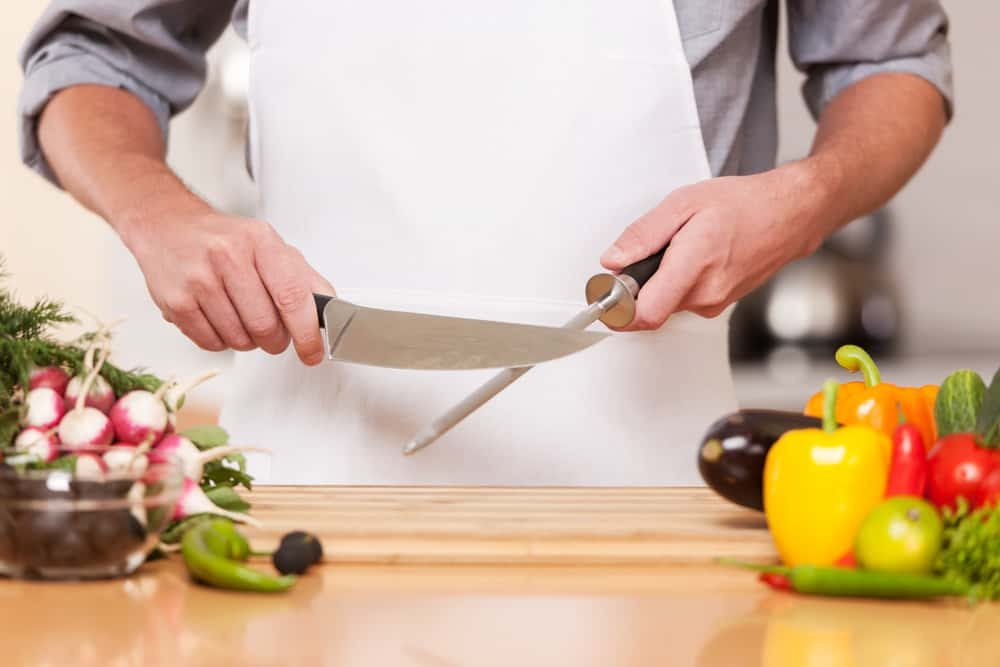
Pay attention to your kitchen floors
- Make sure you clean up any kind of spills immediately as wet floors are slippery and cause people to fall down and get hurt. Keep a mop or kitchen towel close at hand while working in the kitchen.
- Keep the floor clear of toys and other such items to avoid tripping and falling over.
How to prevent burns and scalds
- Never forget that steam is hotter than boiling water and is likely to scald you.
- Be careful when you lift the lids off hot pans and pots; lift them away from your body.
- Use oven mitts, pot holders and gloves for kitchen use to handle hot utensils.
Dressing with kitchen safety in mind
- Do not wear clothes made of easily inflammable materials like wool or chiffon.
- Avoid floaty garments or loose sleeves that hang down while working near the stove.
- Keep your hair tied back.
- Avoid dangling jewellery.
Other basic kitchen safety tips
- Always keep a first-aid kit nearby to use in case of any emergency.
- Use a step stool or small ladder to reach higher places.
- Store all chemicals and cleaning supplies in a safe place away from direct heat in any form. Use a safety latch and make sure children cannot reach the hazardous items. Make sure that you child-proof your kitchen.
- Make sure heaters, vents, chimneys are not blocked.
- Store matches, lighters, etc. safely in a place away from open flames.
- Clean your oven and stovetop regularly to prevent oil residue and bacteria buildup.
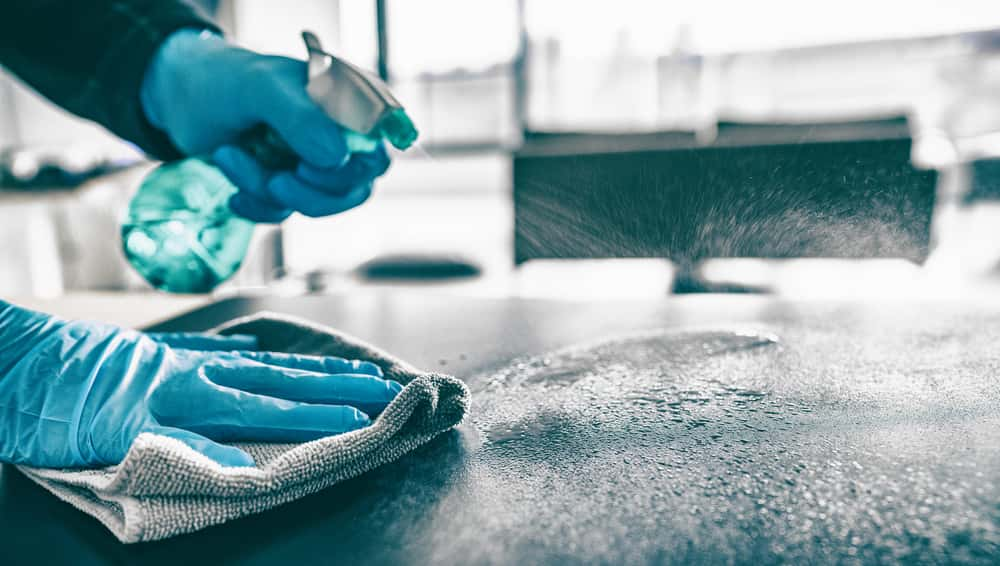
Encourage everyone in your family to turn these simple safety rules into habits that they will automatically follow. This will make cooking and baking in your kitchen a really hazard-free, pleasurable and satisfying experience.

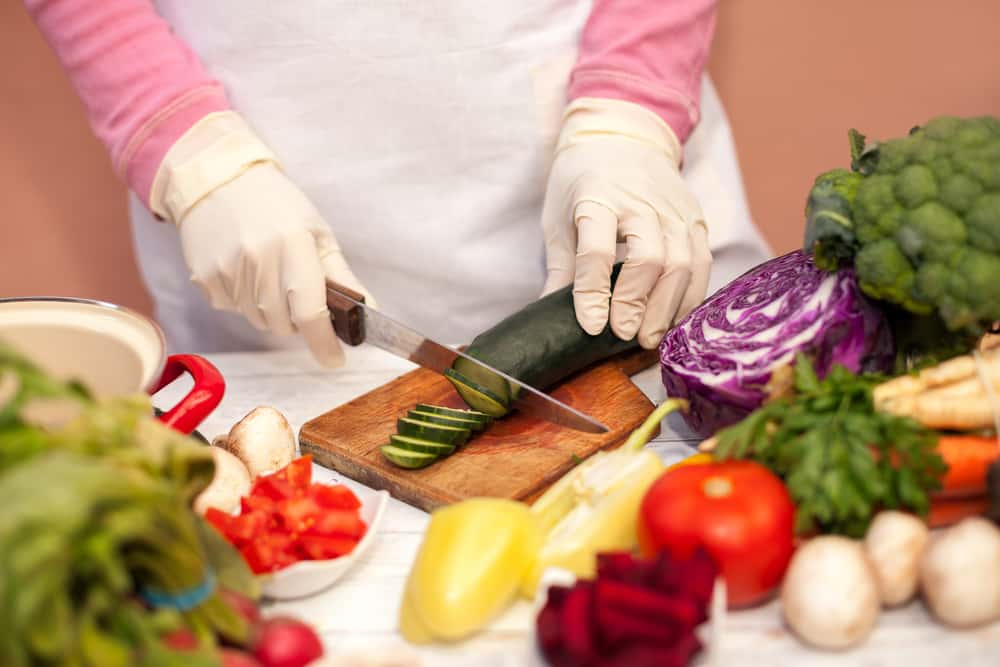
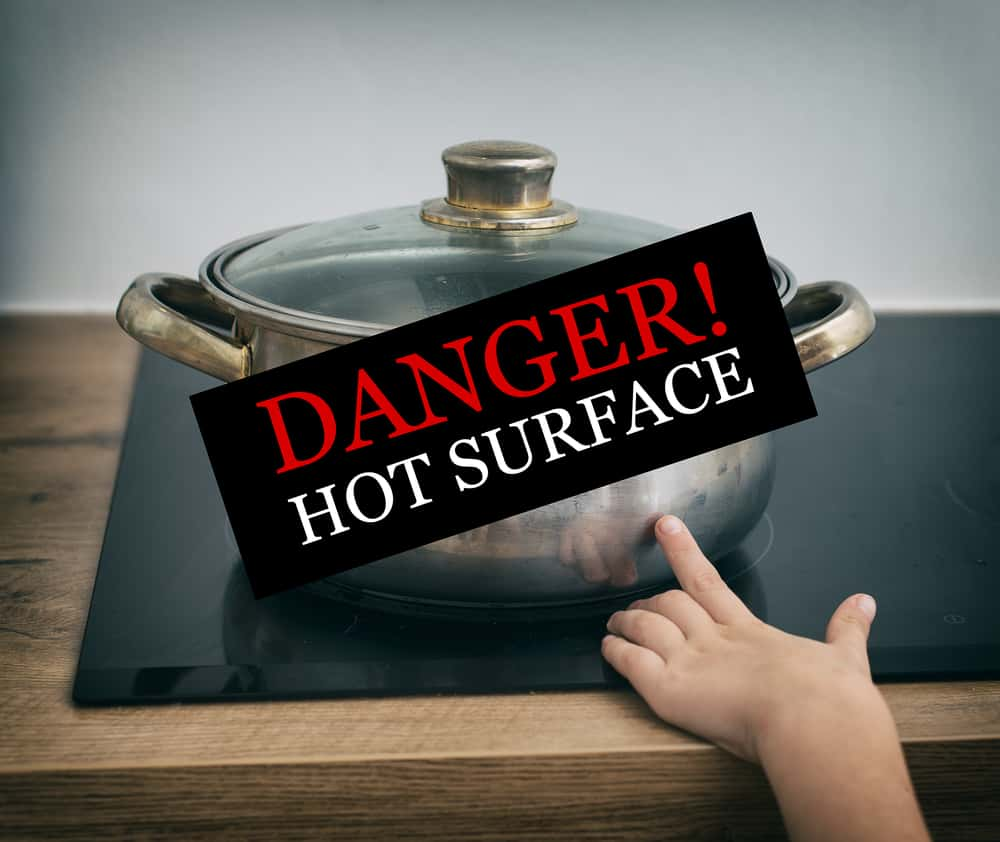

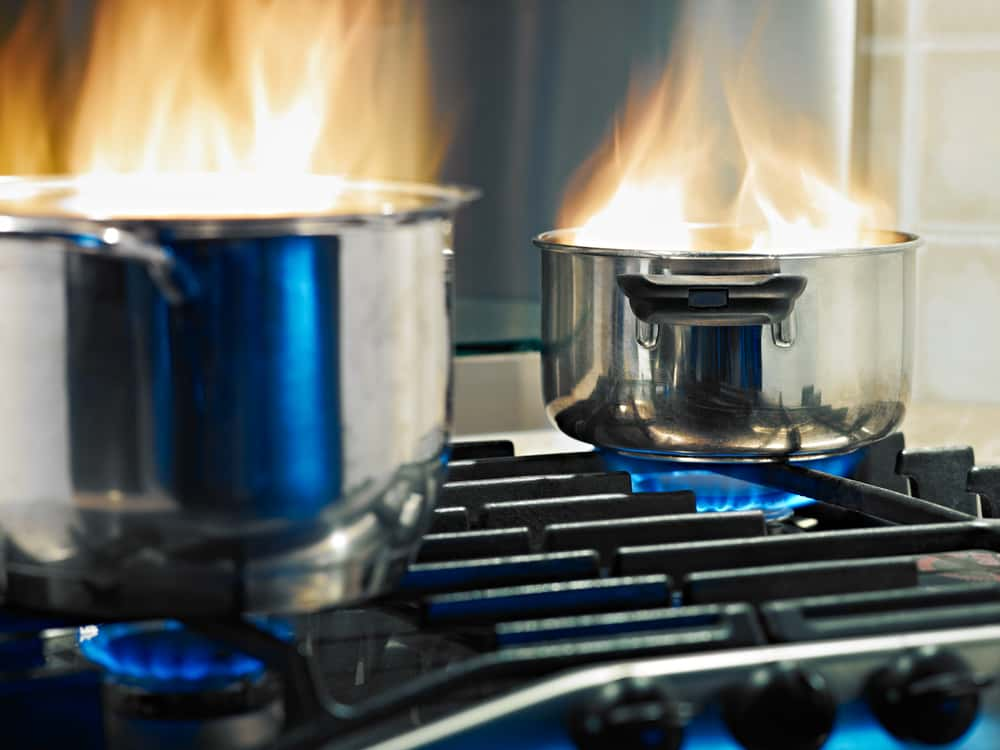
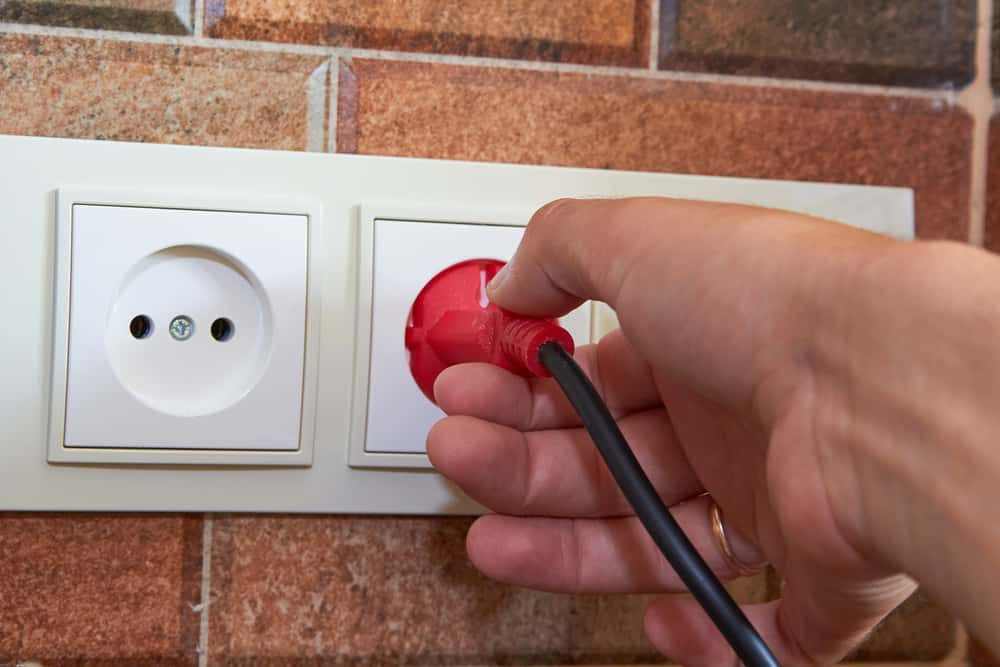
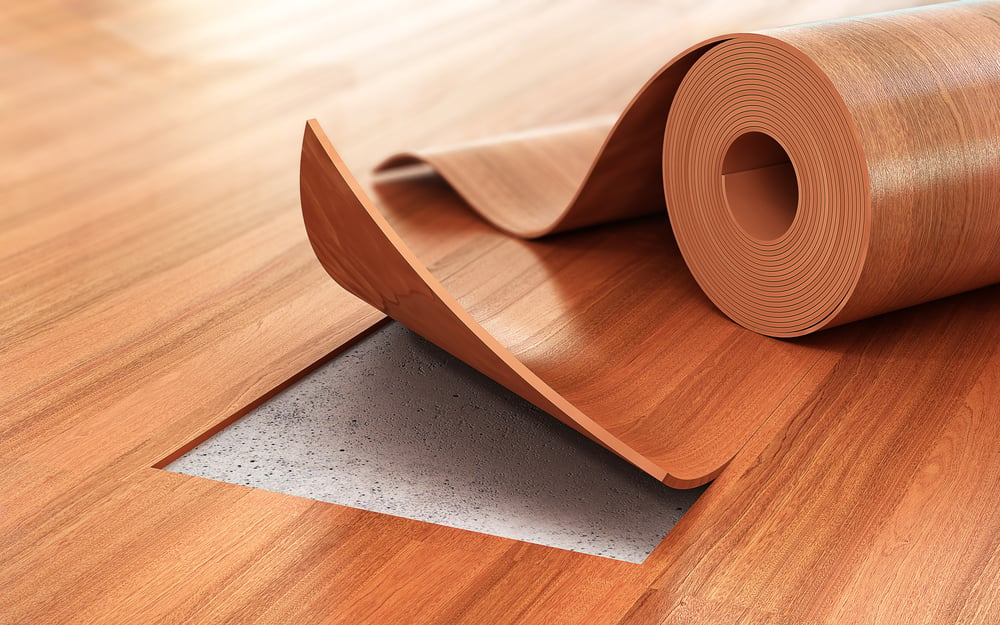
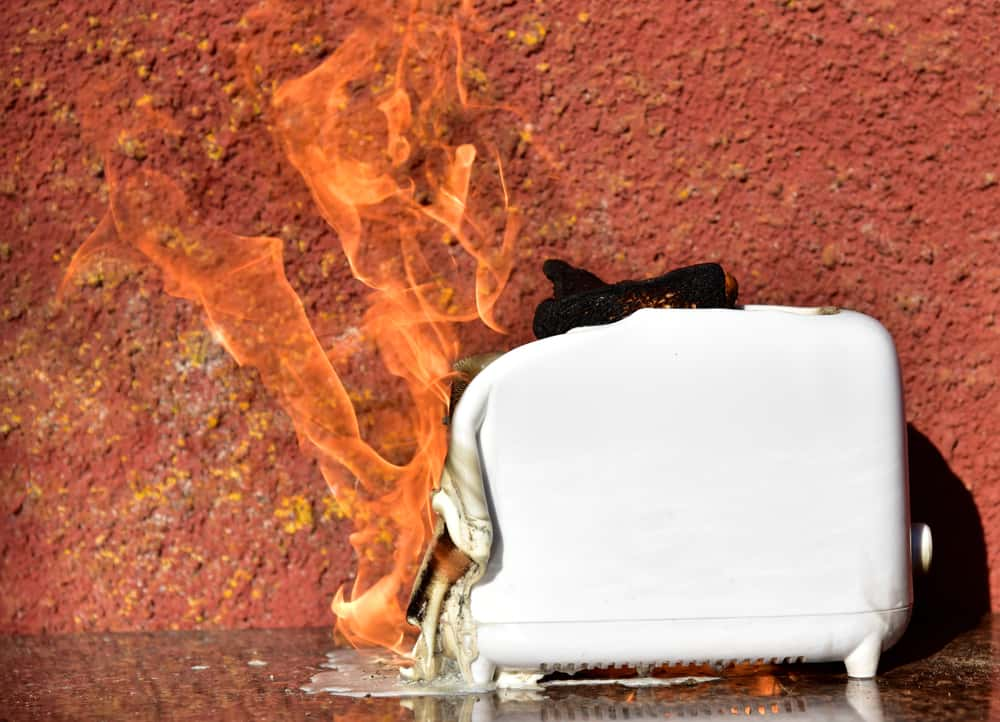
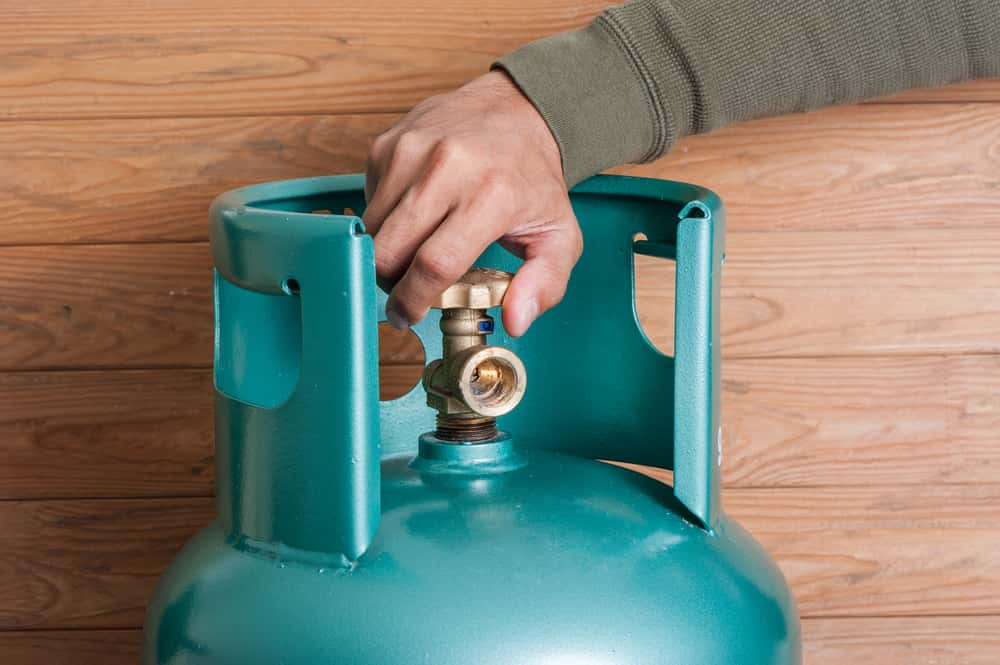



1 Comment
Could some one explain this post like I’m 5? Haha